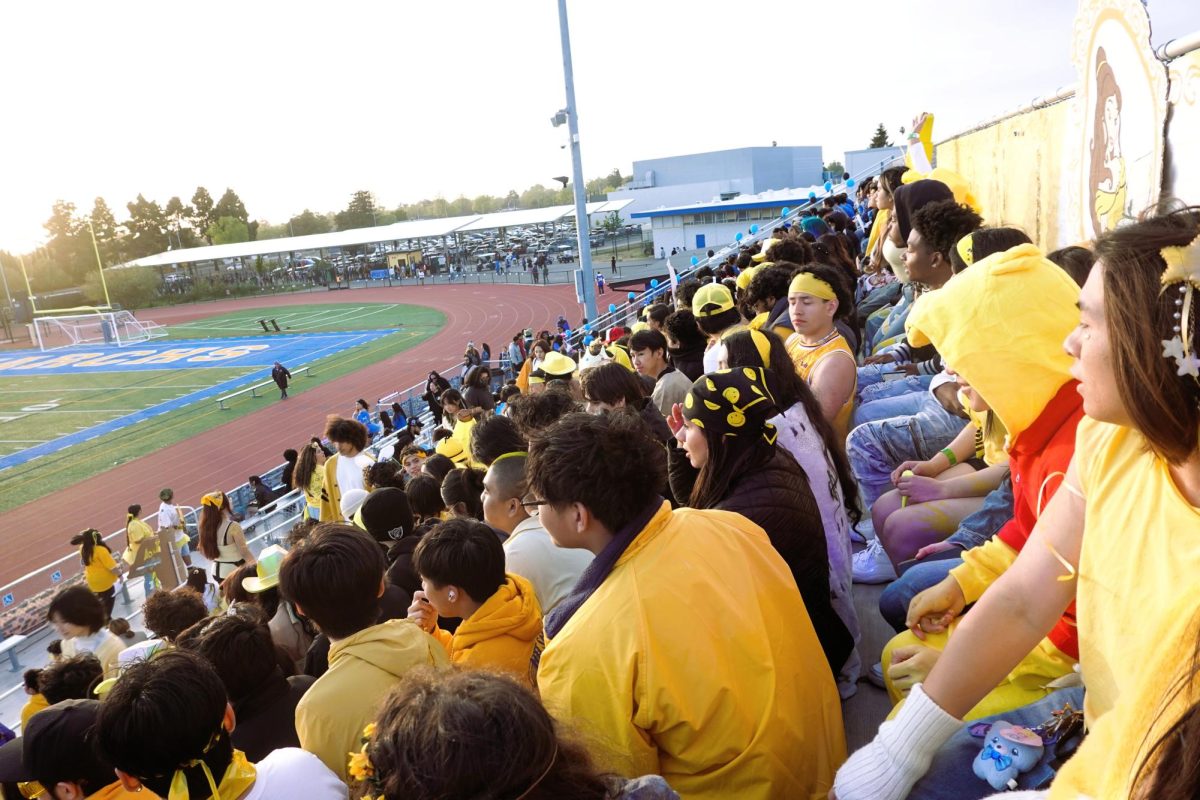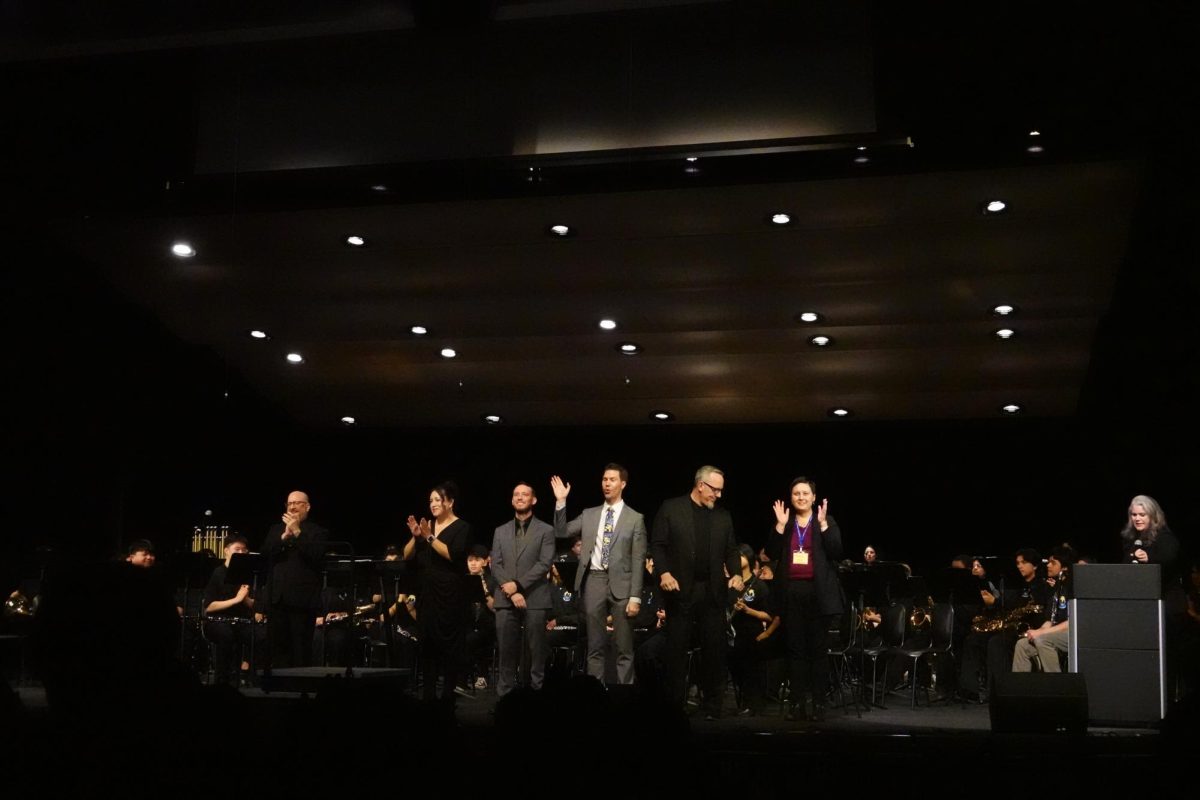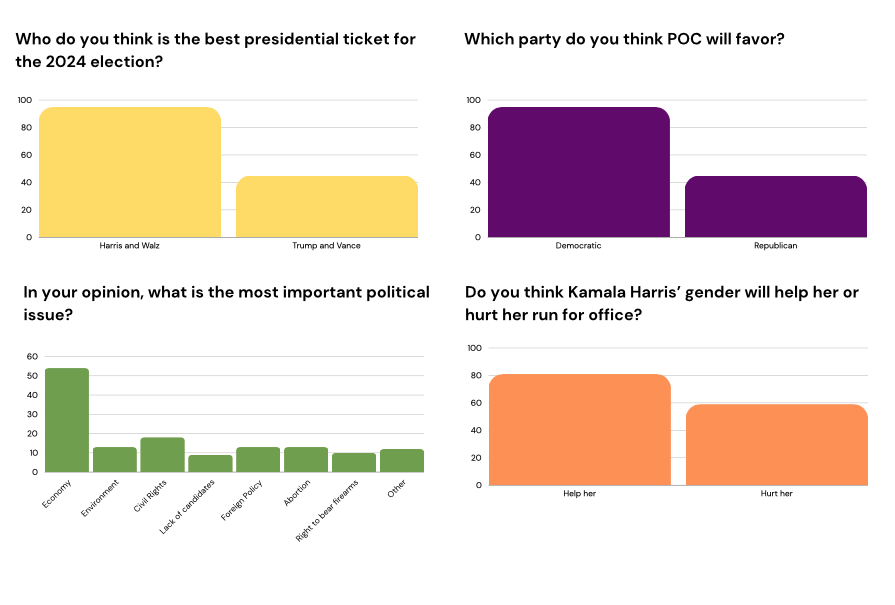On September 17, a large-scale attack on Hezbollah used pagers as explosive devices. It is widely believed that the attack was orchestrated by the Israeli Defense Force. The explosions in Lebanon and Syria killed 12 people—two children included—and injured roughly 3,000 more. The pagers, containing explosives, were given to members of Hezbollah, a militant group recognized by the U.S. as a radical terrorist organization.
This attack was part of a wider spread conflict that is escalating in the region. Although Israel has not taken responsibility for the attack, the Defense Minister Yoav Gallant said he praised the work of Israel’s army and security agencies, saying “the results are very impressive.”
The conflict escalated on September 27th, when an Israeli airstrike in Beirut, Lebanon killed Hezbollah leader Hassan Nasrallah. In retaliation, Iran—partner of Hezbollah—launched a two-wave ballistic missile attack on Israel. There were no reported deaths after the 180-missile barrage.
The conflict between Israel and Hezbollah has only escalated since then. In the span of two weeks, more damage has been caused to buildings in Lebanon than in an entire year of cross-border fighting between Israel and Hezbollah. Between October 2nd and October 14th, more than 3,600 buildings were destroyed in Lebanon.
Civilians take the brunt of the damage as a result of the conflict. As of October 24, 2024, around 60,000 Israelis have been evacuated from northern Israel, which borders Lebanon, as the result of hundreds of missile barrages from Hezbollah. Likewise, the Lebanese government states that up to 1.3 million people have been displaced. The IDF reports that 60 Israeli civilians have been killed and 570 have been wounded. The Lebanese government reports an estimate of at least 2,350 deaths and over 10,000 injuries.
Israel has recently been pressed over charges of disproportionate civilian deaths in their conflicts. On October 16, the United States threatened to curb its military assistance to Israel if it did not dramatically increase humanitarian aid coming into the Gaza Strip. The weekend prior to the warning, the United Nations (UN) had assessed that no new aid had entered Gaza in two weeks.
Israel faces much criticism from the UN as a result of its controversial approach to its defensive maneuvers against its enemies, and the recent disproportionate civilian deaths in Lebanon only add fuel to the flame.
As the conflict escalates between Hezbollah and Israel, the question of whether or not Israel is violating human rights continues to rise as well on the world stage.
Hezbollah has stated numerous times that it will not cease to attack Israel until there is a ceasefire in Gaza, but any ceasefire right now seems unlikely, as Israel demands that all hostages taken by Hamas during the October 7 assault in 2023 be returned before any ceasefire.
As a result of the Israel-Hamas and Israel-Hezbollah conflicts, hundreds of thousands of civilians have been displaced, endangered, or killed as the result of this conflict. Though many hope that conflict may soon end in the Middle East, the future is unclear and an agreement that satisfies both sides has yet to be reached.




















